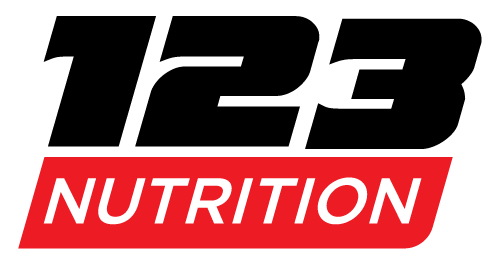Introduction
Veganism is more than just a diet; it's a lifestyle and a conscious choice made by individuals who want to make a positive impact on the environment, animal welfare, and their health. In this article, we'll delve into what it means to be vegan, explore the foods that vegans can eat, and those they avoid.
What Is a Vegan?
A vegan is a person who abstains from using or consuming any animal products, both in their diet and daily life. This extends beyond what's on their plate and includes clothing, cosmetics, and other products that involve animal testing or exploitation.
The Core Principles of Veganism
-
Ethical Concerns: Veganism is often rooted in ethical concerns about animal cruelty and exploitation. Vegans aim to minimize harm to animals and show respect for all sentient beings.
-
Environmental Awareness: A significant motivation for many vegans is their desire to reduce their environmental footprint. Animal agriculture is a major contributor to greenhouse gas emissions, deforestation, and resource depletion. Choosing plant-based diets and products can significantly reduce this impact.
-
Health Benefits: A well-balanced vegan diet can be rich in nutrients and low in saturated fats, making it conducive to overall health. It may reduce the risk of certain chronic diseases, like heart disease and type 2 diabetes.
Foods Vegans Can Eat
-
Fruits and Vegetables: The foundation of a vegan diet consists of a wide variety of fruits and vegetables, providing essential vitamins, minerals, and fibre.
-
Legumes: Beans, lentils, chickpeas, and peas are excellent sources of protein, fibre, and essential nutrients.
-
Nuts and Seeds: Almonds, walnuts, chia seeds, flaxseeds, and more are packed with healthy fats, protein, and micronutrients.
-
Grains: Whole grains like quinoa, brown rice, and oats are staples in the vegan diet, providing energy and essential nutrients.
-
Plant-Based Milk: Almond, soy, oat, and coconut milk are popular dairy milk alternatives for vegans.
-
Tofu and Tempeh: These soy-based products are versatile sources of plant-based protein.
-
Seitan: Also known as wheat meat, seitan is a high-protein meat substitute made from gluten.
-
Plant-Based Oils: Olive oil, coconut oil, and avocado oil are used for cooking and dressings.
-
Vegan Protein Sources: Vegans can choose from a wide range of plant-based protein sources, including vegan meat substitutes, like burgers, sausages, and plant-based proteins like Beyond Meat and Impossible Foods.
Foods Vegans Avoid
-
Meat: All types of animal flesh, including beef, pork, chicken, and seafood, are strictly avoided.
-
Dairy: Vegans don't consume milk, cheese, butter, and yogurt made from animal milk.
-
Eggs: Eggs, both chicken and other types, are off the menu.
-
Honey: Many vegans avoid honey because it involves the exploitation of bees.
-
Gelatine: Gelatine, derived from animal collagen, is found in many sweets and desserts and is not consumed by vegans.
-
Animal-Derived Ingredients: Vegans scrutinize product labels to avoid animal-derived ingredients such as gelatine, rennet, and certain food colourings.
In Conclusion
Veganism is a lifestyle that goes beyond food choices, encompassing ethical, environmental, and health considerations. By choosing plant-based options and abstaining from animal products, vegans contribute to a more sustainable and compassionate world. Whether you're a committed vegan or someone curious about this lifestyle, understanding what it means to be vegan and what foods are suitable can lead to a more informed and conscious approach to your dietary and lifestyle choices.






Comments (0)
There are no comments for this article. Be the first one to leave a message!